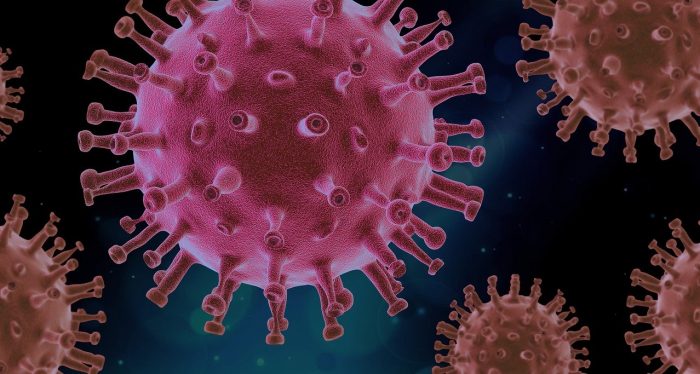Resources
January 4 MLTSS Subcommittee Meeting Documents Released
The January 4, 2023, Managed Long-Term Services and Supports (MLTSS) Subcommittee meeting documents, including agenda, transcript, and PowerPoint presentations, have been released. You can view the listing below.
- AmeriHealth Caritas Success Story
- BH-MCO Workflow Process for Referrals Received PowerPoint
- CHC Behavioral Health Coordination Overview PowerPoint
- CHC Behavioral Health Coordination Success Story
- MLTSS Subcommittee Meeting Agenda
- MLTSS Subcommittee Meeting Transcript
- OLTL Update
- PA Health & Wellness Success Story
The next MLTSS Subcommittee is scheduled for February 1, 2023, from 10:00 am – 1:00 pm.
Fetal Alcohol Spectrum Disorder Weekly Roundup — December 5, 2022
PATF Releases New Editions of “Cents & Sensibility: A Guide to Money Management” and “Educator Companion Manual”
PATF has released two brand new editions of their fully accessible financial education guides — Cents and Sensibility: A Guide to Money Management, 7th Edition and the Educator Companion Manual, 2nd Edition.
Cents and Sensibility addresses the financial education needs of people with disabilities while providing comprehensive strategies, activities, and resources for anyone who wants to have control over their money.
The book provides the tools people need to make informed financial decisions and tackles financial topics like how to save for the future without losing benefits that impact individuals with disabilities.
Educator Companion Manual, 2nd Edition, aligns with chapters from Cents and Sensibility, and provides educators and instructors with strategies for addressing the unique financial education needs of students with disabilities.
Each section in the Manual includes topic objectives, key terms, and essential questions, which provide guidance for teaching the lessons included in Cents and Sensibility.
The Educator Companion Manual helps anyone taking on an educator’s role to engage all students in financial education. The Manual includes financial education topics such as earning, saving, credit, and decision making.
The instructional materials correlate with the National Standards for Financial Education and Pennsylvania Academics Standards.
Wolf Administration Highlights Resources for Grandparents Raising Grandchildren During Family Caregivers Month
The Pennsylvania Departments of Drug and Alcohol Programs (DDAP), Human Services (DHS), and Aging (PDA) are highlighting available resources for grandparents who are raising grandchildren and demonstrating the need for additional supports for these grandparents because of the overdose crisis.
According to the U.S. Census Bureau, in 2016, there were more than seven million grandparents living with their grandchildren, and over two million were responsible for their grandchildren’s basic needs. In Pennsylvania, it is estimated that nearly 260,000 children live in households headed by grandparents or other relatives.
Recognizing Transgender Awareness Week, Transgender Day of Remembrance

Each year between November 13–19, people and organizations around the country participate in Transgender Awareness Week to help raise the visibility about transgender people and address issues members of the community face.
The week before Transgender Day of Remembrance on November 20, people and organizations around the country participate in Transgender Awareness Week to help raise the visibility of transgender people and address issues members of the community face.
Learn More:
GLAAD — Transgender Awareness Week
AAP Journal Article — Ensuring Comprehensive Care and Support for Transgender and Gender-Diverse Children and Adolescents
NICHQ Blog — Exploring a Nonbinary Approach to Health
ICF/IDD Updated Info on CDC/CMS COVID-19 Infection Control
Last week during an ANCOR ICF/IDD Community of Practice call, Catherine Thibedeau shared a PowerPoint with updated information regarding COVID-19 Infection Control. She has graciously shared this information to the benefit of our ICF providers.
If you have any questions, feel free to reach out to Catherine via email.
ODP October ISAC Meeting Information
Meeting Materials From October 4 MLTSS Subcommittee Now Available
The meeting materials from the October 4, 2022 Managed Long-Term Services and Supports (MLTSS) Subcommittee meeting are now available. You can find the materials below:















